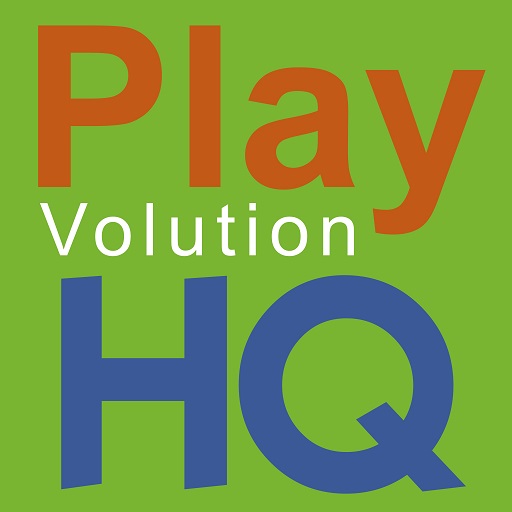Strategies and responses for working with young children who have experienced or are experiencing trauma are vital for early care and education practitioners to understand–why would we need to be warned about our use of ACE scores? Instructional coach and PhD candidate Alex Winninghoff joins Heather Bernt-Santy and Lizz Nolasco to discuss her article, “Trauma By Numbers: Warnings Against the Use of ACE Scores in Trauma Informed Schools.”
Read the article here: https://educate.bankstreet.edu/occasional-paper-series/vol2020/iss43/4/
Thanks for listening!
Save 10% on professional development from Explorations Early Learning and support the show with the coupon code NERD.
Like the show? Consider supporting our work by becoming a Patron, shopping our Amazon Link, or sharing it with someone who might enjoy it. You can leave a comment or ask a question here.
For a small fee we can issue self-study certificates for listening to podcasts.
Podcast (that-earl-childhood-nerd): Play in new window | Download (54.1MB) | Embed



Leave a Reply